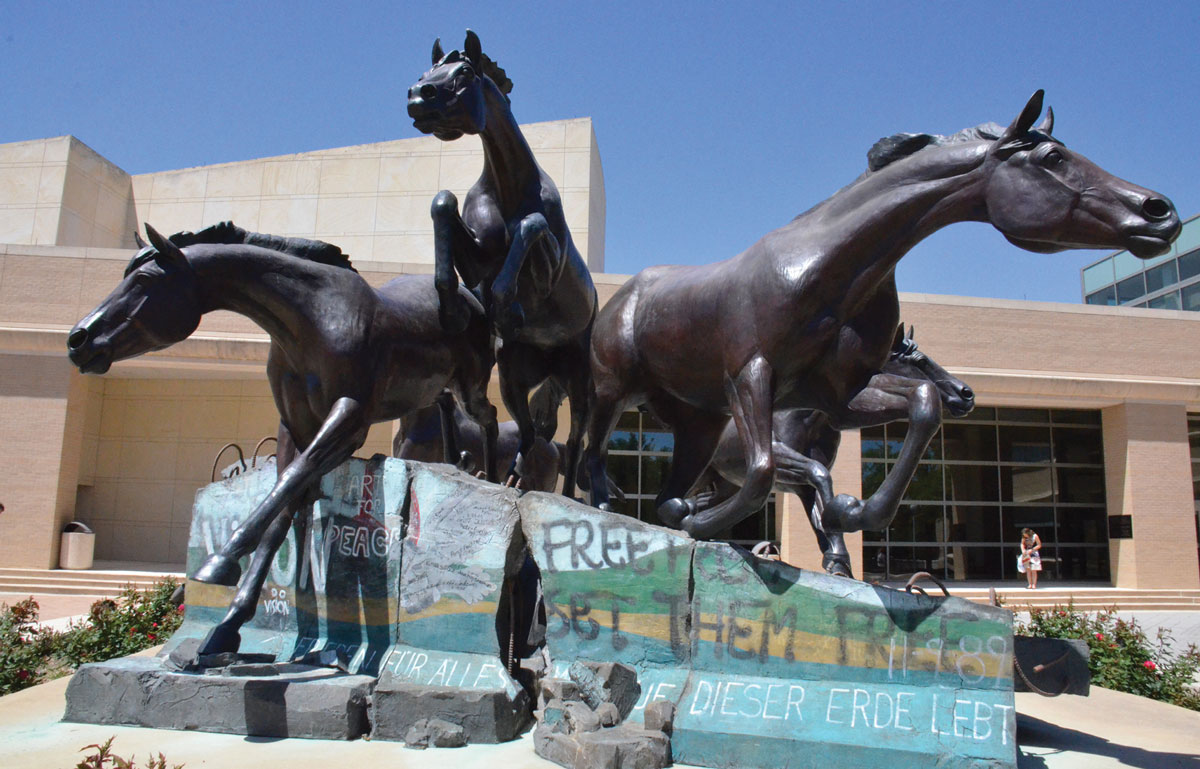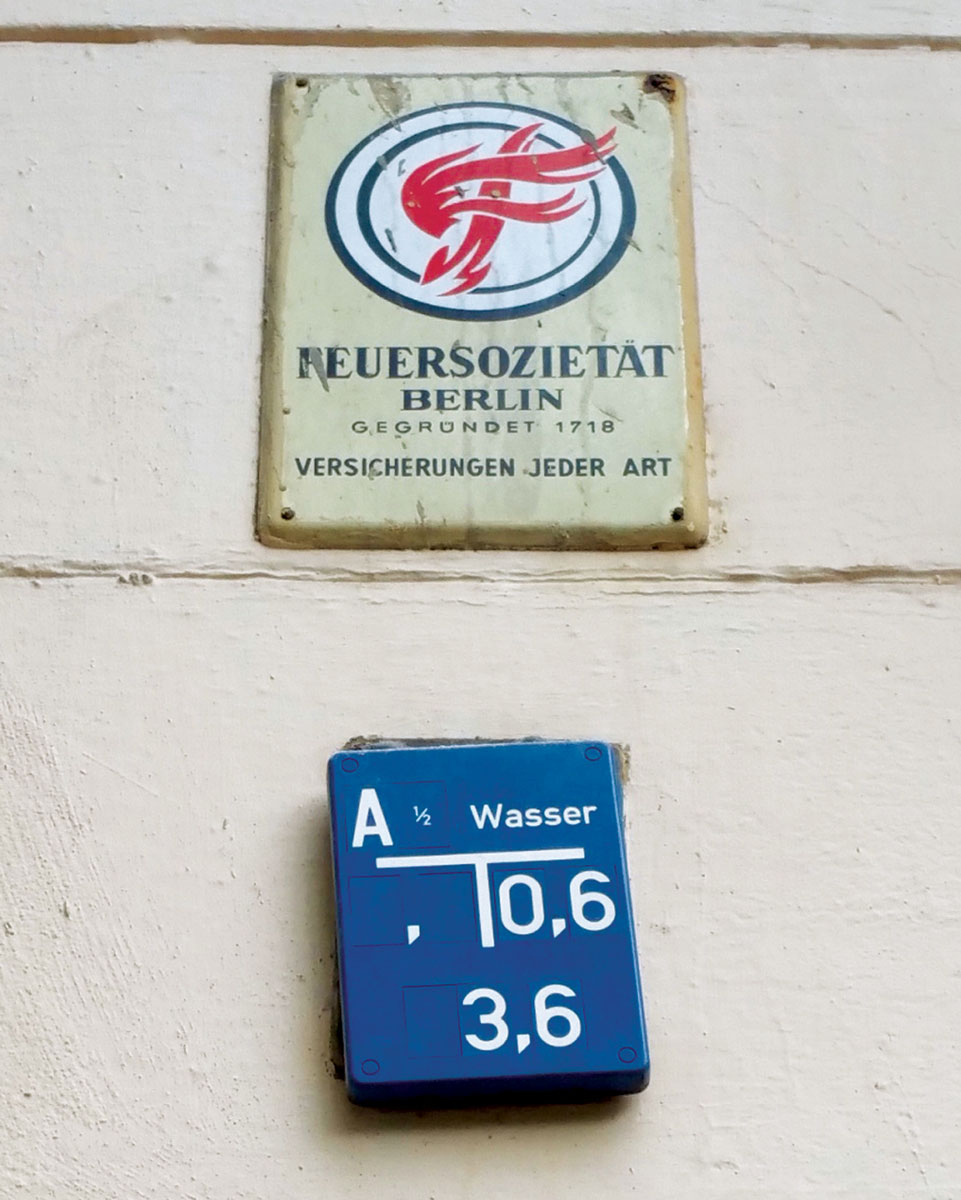Kiosk / Summer 2017
In the nooks and crannies
Cabinet

Politics stinks, they say. And at certain times more than others. Hence the need for perfumes potent enough to disguise this malodorous state of affairs. Once upon a time, it seems, perfumes would be issued long after the politician had died. For example, in the 1970s Avon brought out a fragrance line whose bottles took the form of heroic busts of George Washington, Thomas Jefferson, Abraham Lincoln, Benjamin Franklin, and Theodore Roosevelt. For its less classically inclined users, Avon also offered both Washington– and Lincoln–themed aftershaves in simpler containers. Nowadays, however, it’s more prudent to pre-issue a signature scent that will cover whatever noisomeness your civic career is bound to leave in its trail. Enter Donald Trump’s Empire, a fragrance he launched in 2015 just months before he began to wreak havoc with his presidential campaign. The soon-to-be candidate described the name thus: “When a man looks and feels his best he is automatically in a more powerful position. … Every man has his own empire to build. … Empire evokes this masculine drive.”
• • •
While doing this issue, we had the chance to read Zora Neale Hurston’s short essay “Now Take Noses,” which was published in a 1939 anthology called Cordially Yours. It begins: “Now take the nose for instance. Loyal and kind, from the daybreak of creation down to this present moment, it has stood before man’s face and remained his best friend and adviser. … Where goes humanity there goes the faithful nose.” If she is right, we apologize in advance to all our noses for where we are leading them.
• • •

Speaking of empire, a photo of the sculpture that stands in the plaza in front of the presidential library of George H. W. Bush (see “Concrete Politics”) could not be printed along with the article because the portion of the Berlin Wall incorporated into the monument is in fact only a facsimile. But we publish it here because any account of postwar German-American relations would be poorer without it. According to the sculptor, “the horses simply represent humanity and the horses represent a victory of the human spirit.” Hmm. Horses, noses, humanity. Maybe some enterprising artist can concoct a Gesamtkunstwerk that manages to simultaneously evoke Frederic Remington, Nikolai Gogol, and Richard Bach?
• • •

While editing this issue’s column on the Berlin Wall, we were, coincidentally, demolishing another wall in Berlin. This one was less of an earth-shattering event, for sure, but important nonetheless in our little world. The wall separated two rooms in our soon-to-open office and event space in Berlin, which is located close to the so-called “Red Island,” the communist area of the city’s Schöneberg district. Marlene Dietrich was born a couple of blocks away, and a few days ago, we saw a commemorative plaque around the corner at 155 Hauptstraße marking the building in which David Bowie lived during his Berlin years.
• • •

While work continues on the interior of our Berlin office, outside we discovered a different kind of plaque—one announcing that our fire insurance is provided by Feuersozietät Berlin. The sign is suggestive of the fire marks that for centuries were affixed to buildings in the United States and Britain before the advent of municipal fire departments; these marks were designed to allow each private firefighting corps to quickly identify which buildings were covered by the particular insurance company they worked for. (For more on these signs and on the history of fire insurance, see Janet Connelly’s “Marks of Assurance” in issue 32.) Feuersozietät Berlin, which was founded by none other than Prussian king Friedrich Wilhelm I (father of Frederick the Great), will celebrate its three-hundredth anniversary in 2018. It was, writes William L. Evenden in German Fire Marks, “the first successful public law fire insurance establishment founded by a sovereign in Germany.” So we are in good hands, it seems. But all this does not explain why our building’s insurance company needs to be announced on its façade. Assuming that the city of Berlin will in fact dispatch its municipal fire department to put out any blazes in the building, who needs to know our insurance status? We will try to sniff out more on this burning topic for a future issue.
Spotted an error? Email us at corrections at cabinetmagazine dot org.
If you’ve enjoyed the free articles that we offer on our site, please consider subscribing to our nonprofit magazine. You get twelve online issues and unlimited access to all our archives.